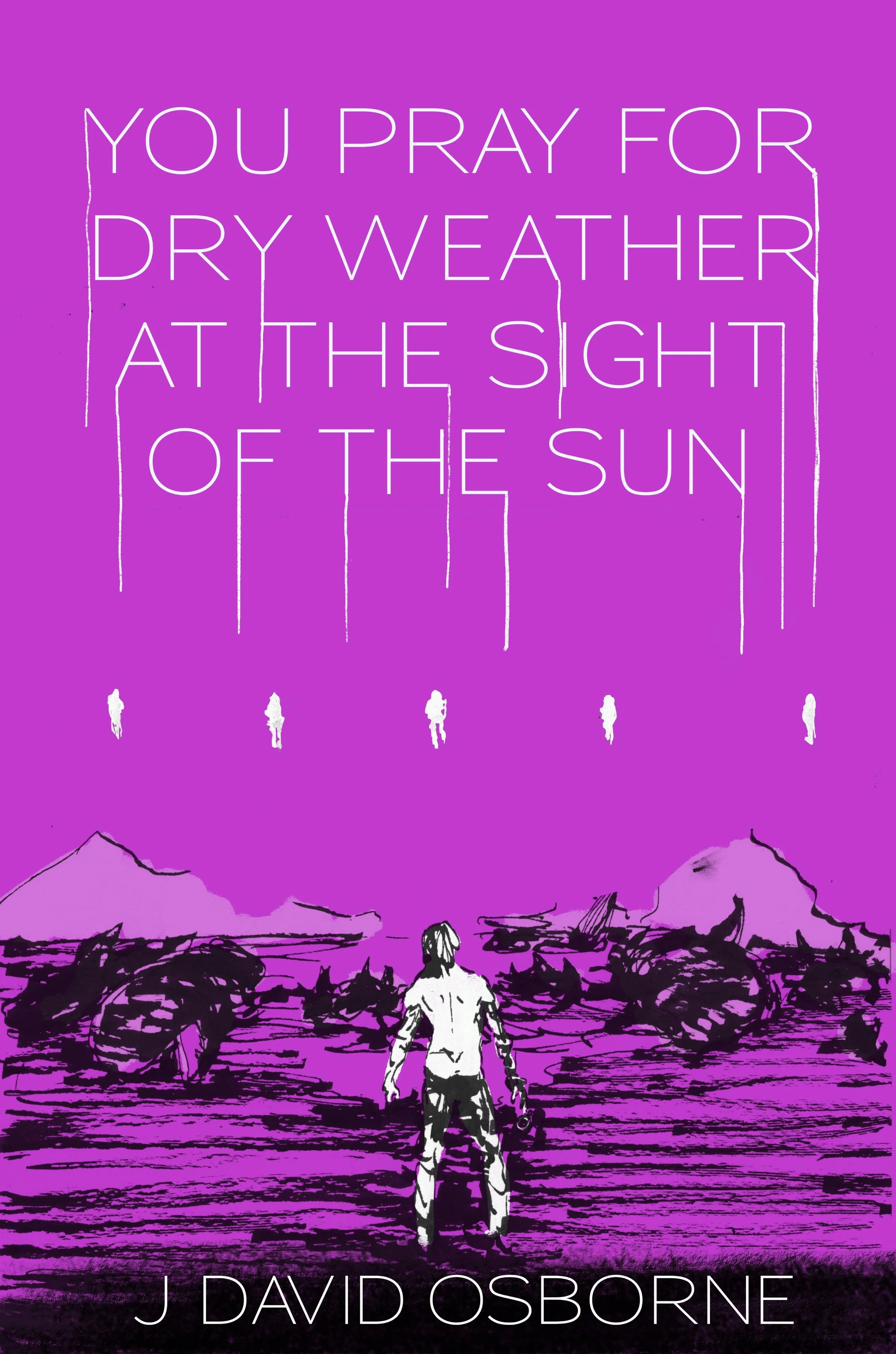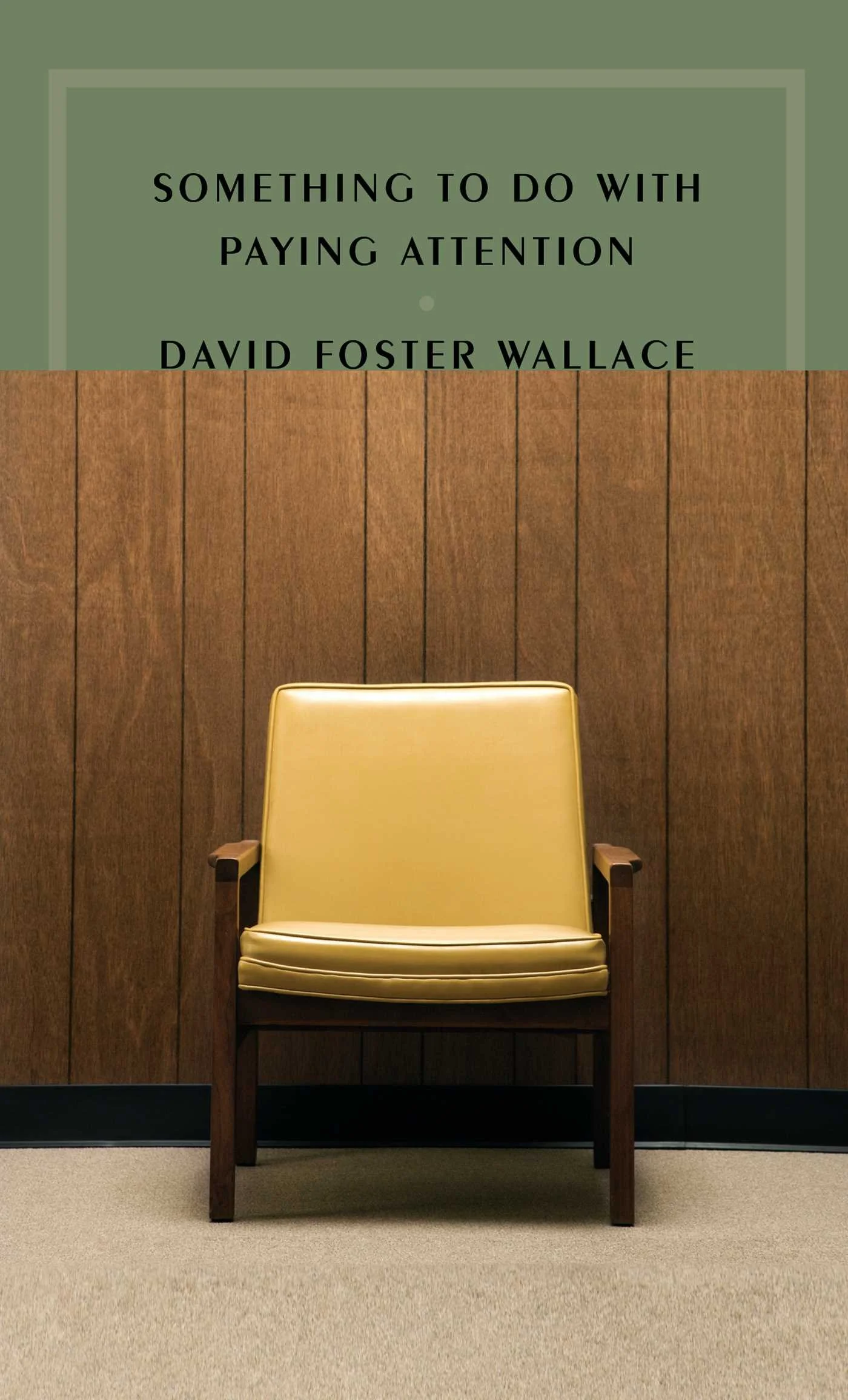Book Review : David Foster Wallace - The Last Interview and Other Conversations (2012)
Order THE LAST INTERVIEW AN OTHER CONVERSATIONS here
Next year, it's going to be already a decade that David Foster Wallace took his own life and left orphan a generation of nerdy kids looking for a charismatic leader he didn't want to be. And I miss him. Not only I miss his words, but I miss his thoughts on the world we live in and the dorky interviews with the weird, uncomfortable questions that were unrelated to his writing. So, I bought The Last Interview and Other Conversation, which was published in the midst of the release of his unfinished novel The Pale King. I'm very happy that I read it, but it didn't make me feel any better approaching the 10-year anniversary of Wallace's death.
There are five interviews in this collection, set in chronological order from March 1996 to May 2008. This is not a very telling lapse of time in David Foster Wallace's life since the first half are set between 1996 and 1999 and the second covers the entirety of existence in the twenty-first century with interviews in 2003, 2004 and 2008. It's pretty random, but Wallace never had a time in his life where he ran out of conversation. It's not telling of the decline of his mental health whatsoever, though. The story behind David Foster Wallace's suicide is a lot less dramatic. He changed his medication in 2007, which caused an imbalance and another depressive episode. That's it.
So, what do we learn in The Last Interview and Other Conversations? Not a whole lot if you're a David Foster Wallace completist like me. I hadn't read any of the interviews prior, but the first three are considerably more interesting and it has a lot to do with interviewers asking Wallace the right questions. In the first interview, Laura Miller asks him what the believe is magical about fiction. I've heard the answer from Wallace before, but it's put in concise, non-threatening terms in this interview that everybody can enjoy. It's important, because this is an important question. We're surrounded by fiction in our everyday lives and rarely question our relationship to it outside of saying : "it's something to shut my brain down to."
David Foster Wallace's answer as to why fiction is important and magical is the most satisfying I've ever heard:
I don't know what you're thinking or what it's like inside you and you don't know what it's like inside me. In fiction I think we can leap over that wall in a certain way. But that's just the first level, because the idea of mental or emotional intimacy with a character is a delusion or a contrivance set up through art by the writer. There's another level that a piece of fiction is a conversation. There's a relationship set up between the reader and the writer that's very strange and very complicated and hard to talk about. A really great piece of fiction may or may not take me away and make me forget that I'm sitting in a chair
...
There's a kind of Ah-ha! Somebody at least for a moment feels about something or sees something the way I do. It doesn't happen all the time. It's these brief flashes or flames, but I get that sometimes. I feel unalone intellectually, emotionally, spiritually.
Otherwise, I just enjoyed reading David Foster Wallace's words when stripped of this inherent obligation to reinvent the world because he was smarter than everybody else. I enjoyed reading his thoughts about his writing ritual and his relationship to his dogs, for example. He gets asked about a lot of menial stuff in the later pages of The Last Interview and Other Conversations.
There's this mystique around David Foster Wallace. There are conflicting reports on what kind of man he really was. Some say he was a tortured soul (most likely true), others say he was a romantic too smart for his own good (perhaps), others that he was an intellectual tyrant (doubtful), but The Last Interview and Other Conversations neither confirms or deny any of that. It's almost free of the Cobain-esque assumption made about him.
So, The Last Interview and Other Conversations is part of a series of famous people's last interviews, which partly explains why this little tome is so mainstream and formulaic. There are the Kurt Vonnegut and Jorge Luis Borges last interview, but there's also one for Jacques Derrida and Martin Luther King Jr. It's a neat complement for fans, but I was disappointed it didn't feature David Foster Wallace's iconic 1993 interview with Larry McCaffery. It was pre-Infinite Jest, but he was young, angry and in tip-top intellectual shape then. I know it's available for free on the internet, but I would've gladly paid for a print version in a collection. David Foster Wallace tragically took his own life. Then he lived again, for five or six years. Now he's fading out again. I guess any means to keep his legacy alive are fair game at this point.
The Last Interview and Other Conversations is a little lean on content, but I enjoyed it because I'm a fan and fans of David Foster Wallace should enjoy it as well.






